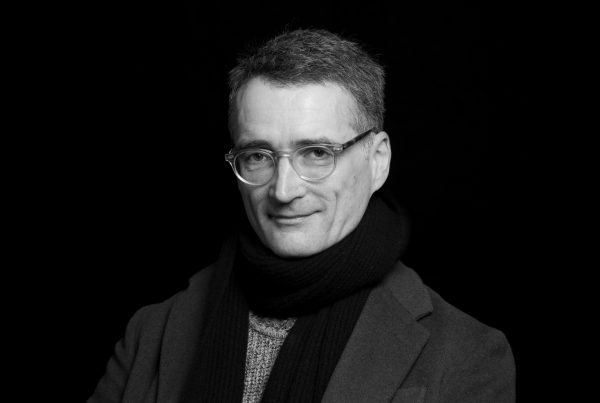I obtained a Magister (Freiburg, 1993), an MA (King's College London, 1994), and a PhD (philosophy, Bern, 1996), before becoming a Swiss-government funded postdoctoral researcher in Stuttgart (1996-7) and New York (1997-9). I was first employed in an academic position as Assistant Professor in Regensburg (1999), then as Lecturer at the Universitat van Amsterdam (2003-2006), before becoming a full professor at Durham University (2006-2014) and an ICREA Research Professor in Barcelona in April 2013. I also was a guest professor at Hong Kong University (2010) and at Universitat Autonoma de Barcelona (2011).
Research interests
I study the structural organization and function of language in the human mind/brain. My current research largely focuses on how disorders of language and cognition illuminate the relation between these two. The theoretical basis of this research is laid down in a series of monographs (Mind Design, 2006), An Essay on Names and Truth, 2007), and The Philosophy of Universal Grammar, 2013), all from Oxford University Press. The mental disorders my group studies was psychosis at first, after which we included autism, dementia, aphasia, and syndromic developmental disorders. I have directed three international projects (NWO, 2006-2011; AHRC/DFG, 2009-2012; AHRC, 2014-2017), and three Spanish ones. In Barcelona I have founded and direct the Grammar & Cognition lab (www.graclab.com), which pursues the project of a typology of linguistic diversity across clinical populations, using a range of methods from behavioural linguistic analysis to MRI to EEG to machine learning.
Selected publications
- Hinzen, W, Peinado E, Perry SJ, Schroeder K & Lombardo M 2022. Language level predicts perceptual categorization of complex reversible events in children, Heliyon, Volume 8, Issue 7, e09933.
- Hinzen W 2022, 'Rethinking the role of language in autism', Evolutionary Linguistic Theory 4:1, pp. 129–152.
- Zhang H & Hinzen W 2022, 'Grammar in ‘agrammatical’ aphasia: What’s intact?', PLoS ONE 17(12): e0278676.
- Zhang H & Hinzen W 2022, 'Temporal Overlap Between Gestures and Speech in Poststroke Aphasia: Is There a Compensatory Effect?', Journal of Speech, Language, and Hearing Research, 12:65(12):4797-4811.
- Fuentes-Claramonte, P, Soler-Vidal J, Salgado-Pineda P, Ramiro N, García-León MA, Cano R, Arévalo A, Munuera J, Portillo F, Panicali F, Sarró S, Pomarol-Clotet E, McKenna P & Hinzen W 2022, 'Processing of linguistic deixis in people with schizophrenia, with and without auditory verbal hallucinations', NeuroImage: Clinical, 34, 103007.
- Lofgren M & Hinzen W 2022, 'Breaking the flow of thought: Increase of empty pauses in the connected speech of people with mild and moderate Alzheimer's disease', Journal of Communication Disorders, Volume 97, 106214.
- Chapin K, Clarke N, Garrard P & Hinzen W 2022, 'A finer-grained linguistic profile of Alzheimer's disease and Mild Cognitive Impairment', Journal Of Neurolinguistics, 63, 101069.
- Hinzen W & Wiltschko M 2022. Modelling non-specific linguistic variation in cognitive disorders', Journal of Linguistics, 59, 1, pp.1-25,
- Olivé G, Slušná D, Vaquero L, Muchart-López J, Rodríguez-Fornells A & Hinzen W 2022, 'Structural connectivity in ventral language pathways characterizes nonverbal autism', Brain Structure & Function, 227(5), 1817-1829.
